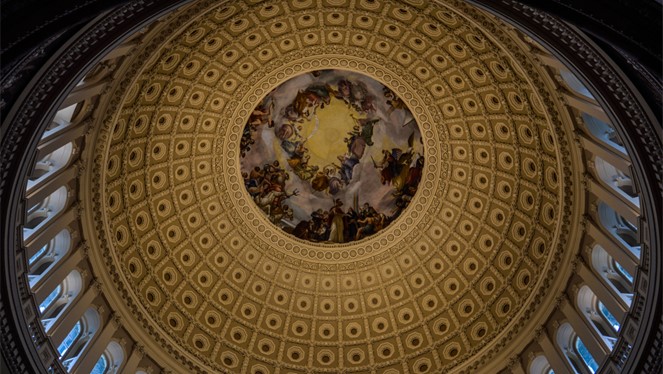
The Old Congress May Rush to Push Through a Debt Ceiling Agreement
Will there be a government shutdown as Congress grapples with debt ceiling issues?
Only Congress can spend money, so it is the job of Congress to set the upper limit if the nation may decide to go into debt. It is tricky most years, as the process often threatens the government shutdown of non-essential workers. Emergency spending measures often are used before an agreement is passed, before doing any further damage. The most damaging would be to the global faith in the U.S. Government to make do on its debts. Most U.S. Treasury securities are refinanced by reissuing new debt issues. If new debt issues can not be increased to cover today’s higher interest rates, or other increased levels of budgeted spending, the nation faces severe economic trouble.
Treasury Secretary Janet Yellen warned this weekend that lawmakers’ failure to raise the statutory limit on U.S. debt posed a “huge threat” to America’s credit rating and the functioning of U.S. financial markets.
Yellen said that cooperation is still possible between the two major political parties on other financial priorities, but lifting the debt ceiling is a non-negotiable item on the list.
Both parties always jockey for position to get funding for their projects as the country and government workers reel from the negotiation process each year. Currently, U.S. public debt stands at $31.2 trillion. Without an increase, it’s expected that there will be a default crisis by the third quarter of 2023.
Republicans tend to pay more lip service to making spending cuts. In 2010, a Republican lead Congress tried to hold the line on raising the budget risking a possible default on U.S. Government backed securities. The uncertainty over whether the U.S. could fund maturing U.S. Treasuries prompted a first-ever ratings cut on Treasury debt by Standard and Poor’s.
Yellen was asked whether Democrats, who will be in a weakened state after the new Congressional leaders take office in January, should pass legislation in the post-election session, while they still hold a majority. “I think it’s irresponsible not to raise the debt ceiling. It’s always been raised,” Yellen said. “It would be a huge threat to the country not to do it, and completely irresponsible to threaten the credit rating of America and the functioning of the single most important financial market.”
One of the higher priorities that Republicans would want to chop from the budget is the $87 billion in new funds the President wants for the IRS.
Yellen reminded that some Republicans backed last year’s infrastructure act and this year’s investments in semiconductors and research, she suggested the administration would look for measures that could draw further bipartisan support.
Take Away
Each year the U.S. Congress grapples with spending and financing the spending. The financed part, involves Congress providing enough money for the budgeted items. As interest rates rise, they become one more expense to be budgeted for and generally financed.
Janet Yellen, speaking at a G20 meeting in Indonesia warned of the need to lift the debt ceiling, as not doing so would have devastating economic impacts.
Managing Editor, Channelchek
Sources
https://budget.house.gov/publications/fact-sheet/debt-ceiling-explainer#: